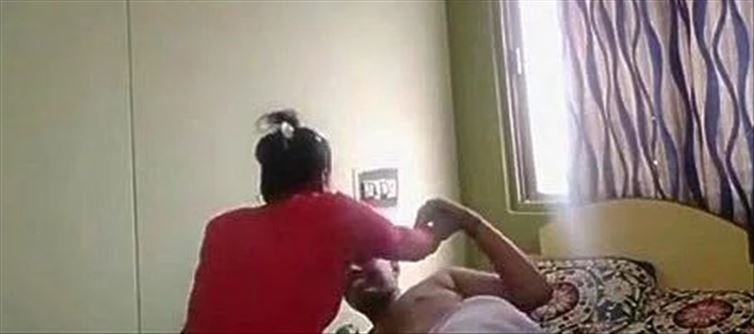
A guy who was accused of raping a married lady and making offensive films of her and her young daughter and posting them to social media was pleading for bail before Justice Swarana Kanta Sharma.
Consent does not extend to misuse or exploitation of a person's private moments: High Court
"Even if the complainant had consented to sexual interactions at any point in time, that consent cannot in any way be interpreted as permission to record and share her improper films on social media. The misuse or exploitation of someone's private moments or their improper and disparaging portrayal does not fall within the definition of consent to engage in physical intercourse, according to Justice Sharma.
What did the accused submit?
The accused's attorney argued that the complainant woman was in a consensual relationship with the accused and had borrowed money from him. The complainant's long-standing friendly relationship with the accused soured over a financial dispute, and because she was unable to repay the loan, a false complaint was filed. The attorney also argued that she could not accuse the accused of sexually assaulting her since she had a consensual relationship with the accused despite being married and having children.
What did the complainant say?
The complainant lady said that after she had trusted the accused because they had become friends, he had begun to threaten her, saying that if she didn't expose her body parts to him improperly during the video chats, he would kill himself and blame her.
Subsequent sexual encounters were no longer consensual: High Court
The high court ruled that even though the complainant and the accused had a consensual sexual relationship in the beginning, the accused's subsequent actions were obviously motivated by coercion and blackmail, making the subsequent sexual encounters under duress and putting the complainant in danger of humiliation in public and harm to their reputation.
The following sexual encounters were reportedly predicated on blackmail, with the accused using the tapes to manipulate the complainant, even if the initial one may have been consensual. Beyond any initial consensual engagement, the accused's preparation of the tapes and use of them to influence and sexually exploit the complainant prima facie reveals a strategy of abuse and exploitation, the high court ruled.
Prima facie appears that the accused had exploited the relationship under the guise of a loan transaction: High Court
"The accused's actions went beyond what could be considered friendship. The accused and complainant's relationship cannot be described as a "friendship simpliciter," in which one friend gives money to another. Rather, it seems that the accused had taken advantage of this connection by pretending it was a loan deal. Even amongst friends, a loan arrangement does not give one side the right to take advantage of the other's weakness or dignity," the high court stated, refusing the accused bail.
The high court also declared that it is intolerable to try to downplay the seriousness of the accusations by using the complainant's marital status and work experience as a weapon.




 click and follow Indiaherald WhatsApp channel
click and follow Indiaherald WhatsApp channel